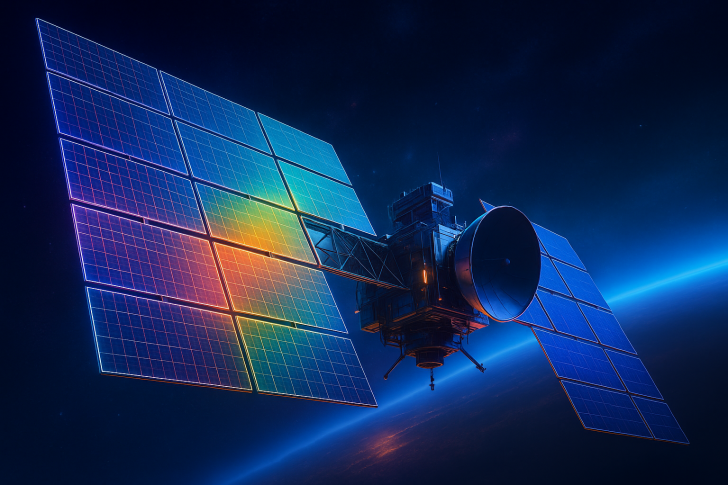⬤ SpaceX has revealed plans for an orbital solar power system that could generate 100 gigawatts of electricity annually, dedicated entirely to powering artificial intelligence infrastructure. Elon Musk mentioned that this would amount to roughly a quarter of the United States' total electricity consumption, which currently sits at around 460 gigawatts per year. The proposal represents a massive bet on space-based energy as a solution to AI's growing power requirements.
⬤ Musk explained that the system would capture solar energy in orbit, where sunlight is constant and uninterrupted by weather or nighttime. This could theoretically provide more consistent output than ground-based solar installations. He suggested that orbital solar collection could eventually make AI power cheaper than any existing alternative, potentially positioning SpaceX as a major energy supplier specifically for AI computing needs.
⬤ The timing makes sense given how quickly AI energy demands are climbing. Data centers running large language models and other AI systems are consuming unprecedented amounts of electricity for training and operation. A 100-gigawatt space-based network would be something entirely new—different from traditional solar farms, wind installations, or standard grid infrastructure—and signals how seriously companies are taking the challenge of powering next-generation AI.
⬤ What matters here is that the AI boom is forcing companies to think creatively about energy sources. If SpaceX actually builds this system, it could change how the industry approaches power supply, create new competitive dynamics around AI infrastructure, and open up a completely different path for meeting the computing demands of the future.
 Usman Salis
Usman Salis

 Usman Salis
Usman Salis


